University of York: Raspberry Pi Challenge 2015
For the last three years I’ve been visiting the University of York Computer Science building on the last day of Freshers’ Week to see what the new entrants have been doing with Raspberry Pi.
York is using the Pi to help get the students started with computing (for those whose contact has been limited to tablets and desktops!) before they get to university: every year, they send a free Raspberry Pi to their new undergraduates who are about to start a Computer Science course, and support them to prepare for the Raspberry Pi Challenge. It also forms a great social event which gets the computer science students together (along with beery delights) to fight it out in the Pi Squared arena!
Last year they used a version of Battleships to compete, but this year they’ve changed to Squares. One of the great things about this game is that the simplest few lines of code can make a huge difference over the random player (simply iterating through all possible ‘walls’ and drawing one if it closes a box is a big improvement on drawing walls at random), but there is much more that can be done to improve and optimise the strategy (there is a time limit per move, so you are a little limited!).
If you’re interested in playing the game and writing an implementation yourself (or if you’re another university and you’d like to compete against York’s outstanding undergraduates), the code and documentation is all freely available on GitHub:
https://github.com/waps101/PiSquare
As an alternative challenge, there is also the chance to compete in Blue Pi Thinking, which is an opportunity for the students to create something ingenious using a Raspberry Pi. The results from this project have been quite amazing.
One student created a tabletop food ordering system using the Raspberry Pi touch display. The idea is that the screen is embedded into the table at a fast food restaurant, and you can order your food and pay for it using NFC without actually having to leave your table! I can’t wait to see the first fast food joint with fully integrated Raspberry Pi shopping!
Another student wanted to create a pill diary system for an elderly relative. Here the central idea was to create a simple schedule for the pills which would beep or flash when it was time to take a pill. It also would have the ability to take a photo or a time-lapse video, so a family member or carer could check they were being taken correctly.
The picture above is from one student who connected his camera to the Pi. His system would take a photo of a scene from four sides, and then recreate the object in Minecraft!
The project shown above was created to map the mood of the UK. It took Twitter feeds from around the country and used various recurring words and phrases to decide on the mood of people from different places, then displayed them on a map of the UK with different colours to indicate the mood.
Lastly, a project to demonstrate how a Raspberry Pi can be used to control a solar panel installation and track the sun!
Read more about the Raspberry Pi Challenge from York’s Department of Computer Science. They’re already thinking ahead to next year’s Challenge with a new group of first-year undergraduates – I can’t wait to see what the next lot get up to!
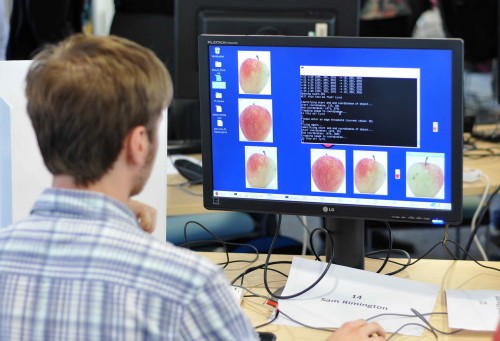
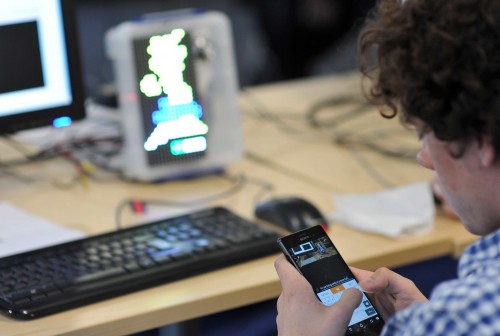
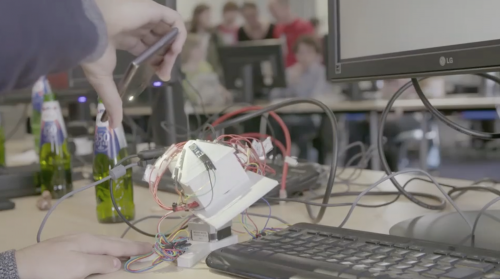
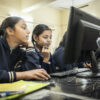
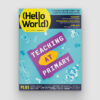

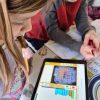
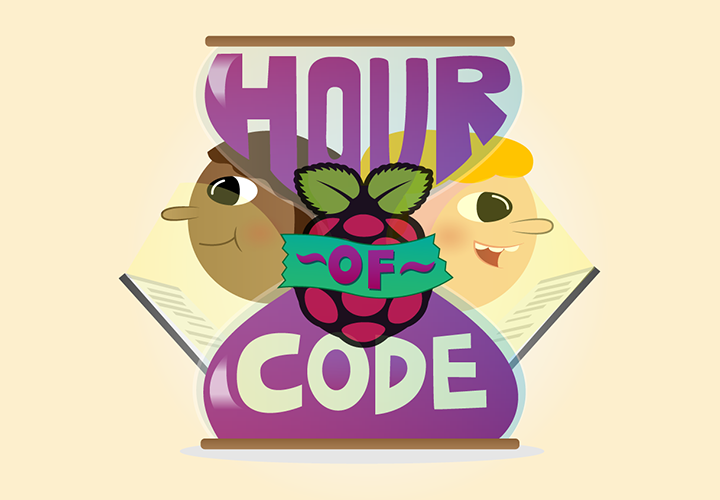
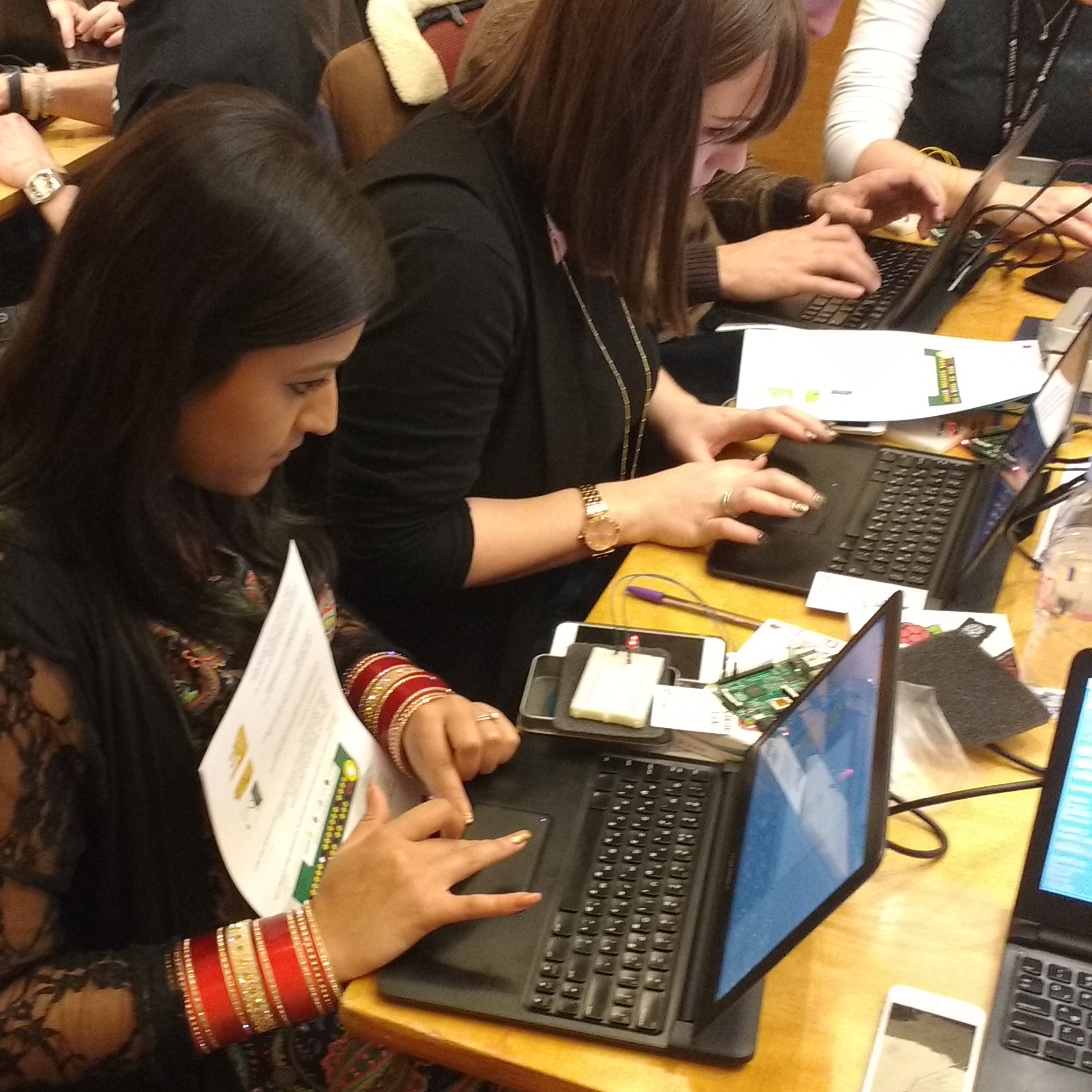
7 comments
Jim Manley
WOW!!! What a great idea! We’re implementing Project Based Learning (PBL) in the IT Academies in the high schools in our district (actually, all of the academies for IT, Engineering, Health Sciences, Event Marketing and Music, Automotive Technology & Design, Business & Finance, Hospitality & Marketing, Teaching & Services, Architecture & Construction, Arts & Communication, Health Management, Law, Business & Innovation, Environmental & Urban Planning, Medical Science & Research, Global Health & Science, International Baccalaureate Diploma Programme, International Business & Communication, Art, Design, & Communication, Business & Hospitality, Health Sciences, Design & Technology, Health & Human Services, Marketing & Business, Entrepreneurship and Innovation, Sports Medicine & Wellness, Aviation & Transportation, Digital Design & Communication, Health Science & Law, Hospitality & Finance, Entertainment Communication, Entertainment Management, National Safety & Security Technologies, Science & Engineering, Alternative Energy, Sustainability, & Logistics, Community Health, and Education & Law). The University of York Pi Challenge will be an inspiration to our students in all of these academies and I hope to report on a similar challenge for our students to take on at the high school/secondary level.
Eric Olson
The PiSquare game seems like a very nice activity. It’s complicated enough that using all 4 cores of the Pi2B could give an advantage and simple enough that a random move generator only takes a couple lines of code. I looked at the GitHub repository and found the server and the client that makes random moves. In the article you mention “if you’re another university and you’d like to compete against York’s outstanding undergraduates, the code and documentation is all freely available.” I didn’t see any code implementing York undergraduate player strategies. Did I miss it, are there plans to upload some of the student implemented player strategies, or would that spoil the fun for other students?
Will Smith
Good question. I wasn’t sure whether or not to distribute student entries in case it spoilt running the competition again. The winner actually programmed his entry in C++ so I wonder if we could distribute an executable of his player compiled for the pi… Would that be useful?
Eric Olson
Involving the winning entry from other universities in a local contest would be motivational. This would also allow individuals and to try the contest on their own. I would be very happy to see the executable posted.
Will Smith
As it happens, the winner has already put his source code online (https://github.com/Normangorman/DeepBox). I have added a link to his repository from mine. This should give a very testing opponent for other people’s AIs to be tested against.
James
A excellent example of how to engage students but I do think it is a shame that further details of the task that was set and some of the winning entries have not been published.
Will Smith
Hi James,
When you say further details of the task that was set, do you mean for the programming challenge (Pi Square)? If so, everything that the students were given is in the git repository. Also (see above) the source code for the winning entry is also available.
If you mean the “Blue Pi Thinking” challenge, the spec was extremely broad. In essence they were told to do something innovative and interesting with their raspberry pi and that they would be judged against criteria of: creativity (how novel the idea was), realisation (how well they managed to implement their idea) and difficulty.
I agree it would be great if some of the students published details on how they built their Blue Pi Thinking projects and we will certainly encourage them to do so.
Will